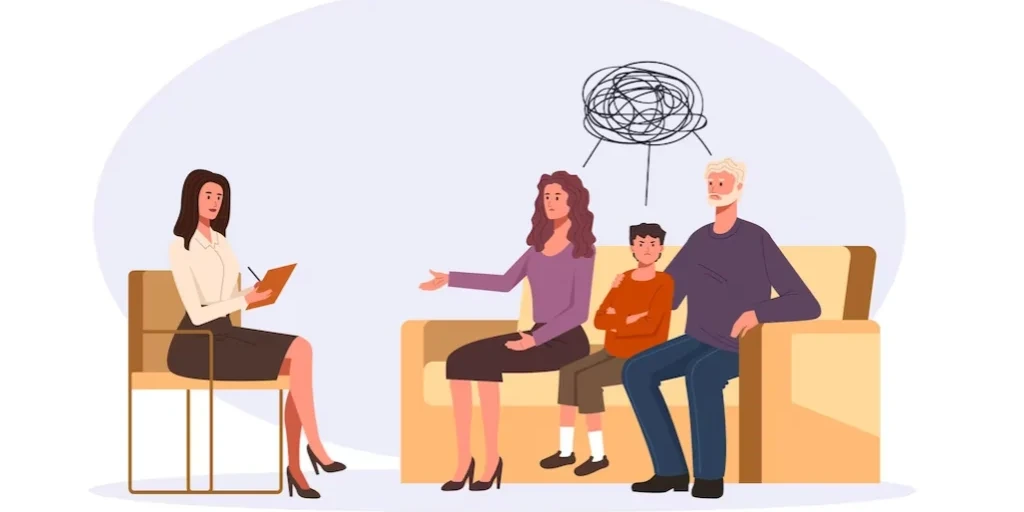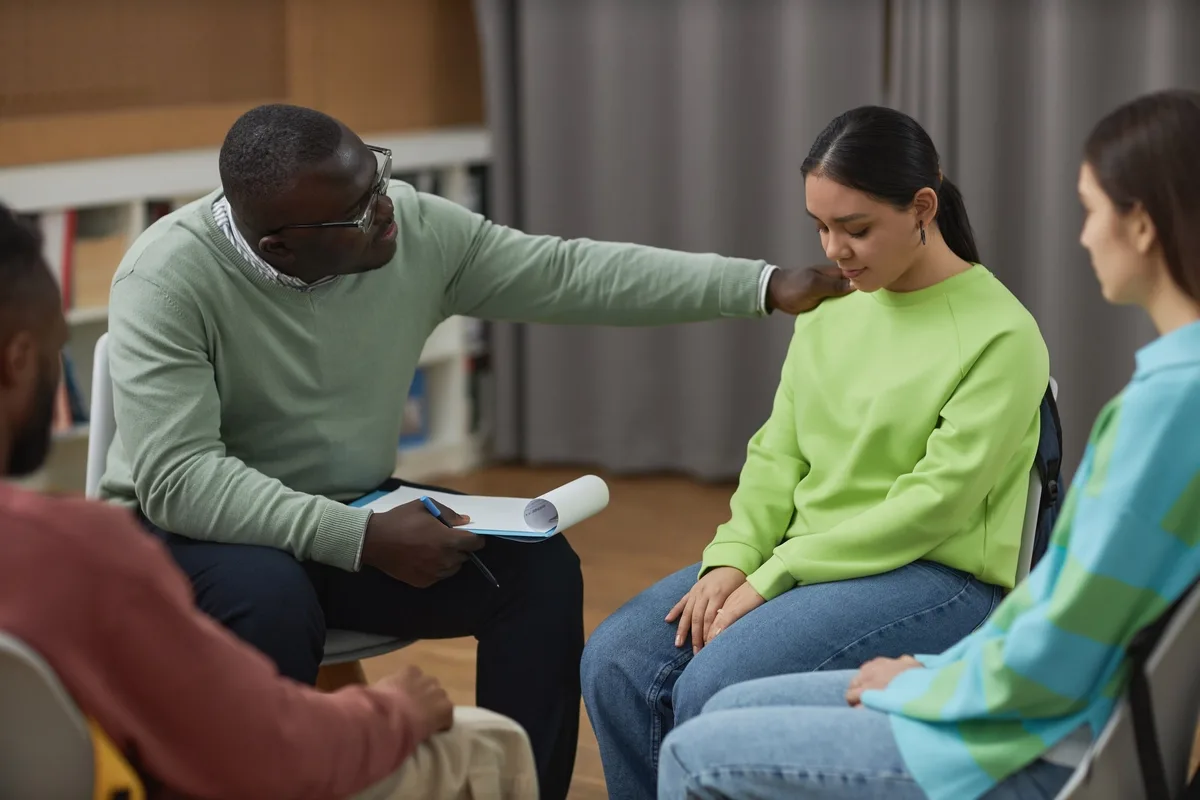24/7 Helpline:
(866) 899-221924/7 Helpline:
(866) 899-2219
Learn more about Opioid Rehab centers in Kaw City
Opioid Rehab in Other Cities

Other Insurance Options

Coventry Health Care

Meritain

Oxford

Multiplan

Molina Healthcare

MHNNet Behavioral Health

Excellus

United Health Care

Optima

Horizon Healthcare Service

Aetna

State Farm

American Behavioral

BHS | Behavioral Health Systems

BlueShield

WellPoint

CareFirst

Magellan Health

MVP Healthcare

GEHA










Tonkawa Tribe – Substance Abuse Program
Indian Alcohol and Substance Abuse Tonkawa Tribe of Oklahoma offers outpatient services for people s...

Edwin Fair Community Mental Health Center – Kay County
Edwin Fair Community Mental Health Center – Kay County is a private rehab located in Ponca City, Okl...

Bridgeway
Bridgeway is located in Ponca City, Oklahoma. Bridgeway provides substance abuse treatment.

Ponca City Rightway Medical
Ponca City Rightway Medical is a private rehab located in Ponca City, Oklahoma. Ponca City Rightway ...
































Alpha II
Alpha II is a private rehab located in Tonkawa, Oklahoma. Alpha II specializes in the treatment of a...




























